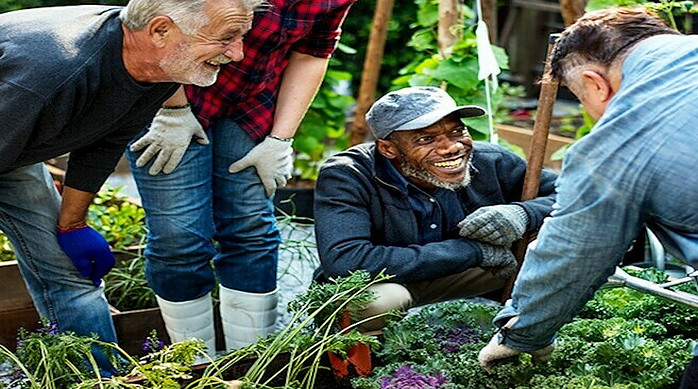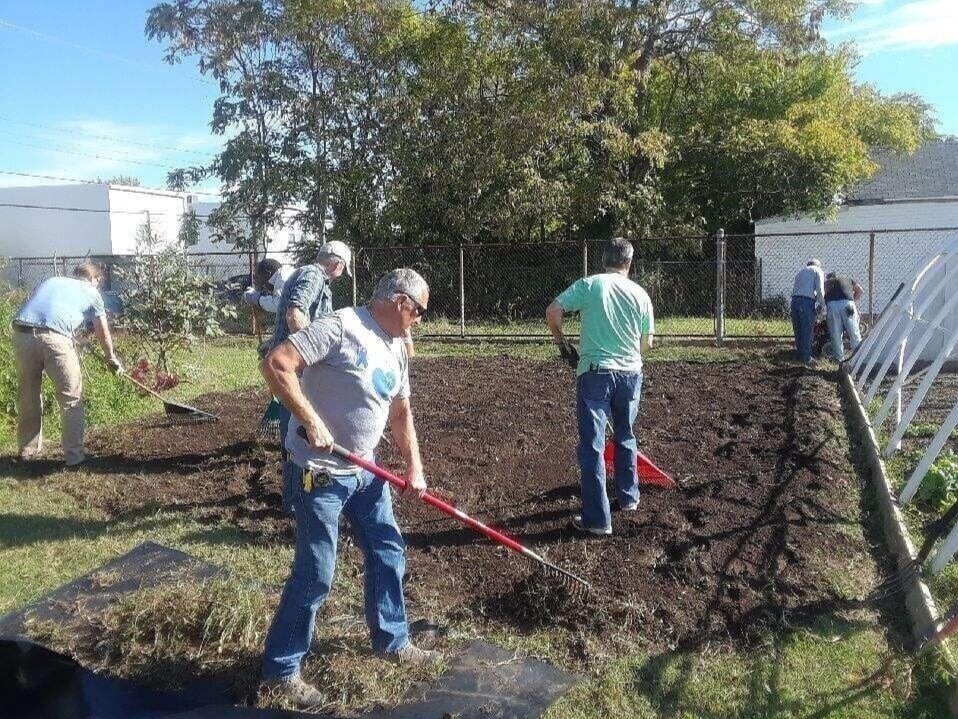Is a sense of purpose important? If so, why? If so, is there a connection between wellness and purpose?
Why is a sense of purpose important?
A sense of purpose is the feeling that your life has meaning and direction. It is the motivation that drives you to pursue your goals and overcome challenges. Having a sense of purpose can benefit you in many ways, such as:
- Improving your mental and physical health. Research has shown that people with a strong sense of purpose have lower levels of stress, anxiety, depression, and inflammation, as well as higher levels of happiness, satisfaction, resilience, and immune function.
- Enhancing your performance and productivity. When you have a clear vision of what you want to achieve and why, you are more likely to focus on your tasks, manage your time, and overcome obstacles. You also tend to learn more from your experiences and feedback, and seek opportunities for growth and improvement.
- Increasing your social and emotional connections. Having a sense of purpose can help you build meaningful relationships with others who share your values and aspirations. You are also more likely to empathize with others, express gratitude, and contribute to your community.

How can you find your sense of purpose?
Finding your sense of purpose is not always easy. It may require some self-reflection, exploration, and experimentation. Here are some steps you can take to discover your sense of purpose:
- Identify your strengths and passions. What are you good at? What do you enjoy doing? What makes you feel fulfilled? These are clues to what you can offer to the world and what makes you happy.
- Define your values and goals. What matters most to you? What do you stand for? What do you want to achieve in life? These are the guiding principles that shape your decisions and actions.
- Align your actions with your purpose. How can you use your strengths and passions to serve your values and goals? How can you make a positive difference in the lives of others and the world around you? These are the ways you can express your purpose through your daily activities.
Remember that finding your sense of purpose is an ongoing process that may change over time. You can always revisit these steps and adjust them as you grow and evolve. The important thing is to keep exploring, learning, and living with intention.

You must have purpose…it keeps you young and vibrant…at a minimum, you have much to give by virtue of your life experience. You can pass that experience on to the young. You may find that to be a spiritually uplifting experience! What did you enjoy doing when you were younger? If you’re still doing it that’s great but, if not, pick up that hobby or activity once again. Volunteer! the community needs what you can offer…animal shelters, hospitals, food banks, community centres. The golden years can, and should be, the best years of our lives!
How does a sense of purpose contribute to a feeling of wellness?
Many people struggle with finding meaning and direction in their lives, especially in times of uncertainty and stress. They may feel lost, confused, or dissatisfied with their current situation, and wonder if there is more to life than what they are experiencing.
A sense of purpose can help people overcome these challenges and achieve a greater sense of wellness. Purpose is defined as a stable and generalized intention to accomplish something that is meaningful to oneself and the world. It is not just a specific goal or a passion, but a broader and deeper motivation that guides one’s actions and decisions.

According to research, having a sense of purpose can benefit one’s physical, mental and emotional health in various ways. For example, people with a sense of purpose tend to:
- Live longer and have lower risks of chronic diseases, such as heart disease, diabetes, and Alzheimer’s.
- Have better immune system functioning and lower levels of inflammation.
- Experience less depression, anxiety, and suicidal thoughts.
- Have higher levels of happiness, satisfaction, and self-esteem.
- Cope better with stress, trauma, and adversity.
- Be more resilient and adaptable to change.
- Have stronger relationships and social support networks.
- Engage in more prosocial behaviors, such as volunteering, donating, and helping others.
How can one develop a sense of purpose?
There is no one-size-fits-all formula for finding one’s purpose in life. However, some possible steps that can help are:
- Reflect on your values, strengths, interests and passions. What matters most to you? What are you good at? What do you enjoy doing? What makes you feel alive?
- Explore different opportunities and experiences that align with your values and passions. Try new things, learn new skills, meet new people, travel to new places, join new communities. Be open-minded and curious about the world around you.
- Identify a problem or a need that you care about and want to address. How can you use your talents and resources to make a positive difference? How can you contribute to the greater good?
- Set realistic and meaningful goals that are consistent with your purpose. Break them down into smaller and manageable steps. Track your progress and celebrate your achievements.
- Seek feedback and support from others who share your purpose or who can inspire you. Find mentors, role models, friends, or groups who can offer guidance, encouragement, or collaboration. Learn from their stories and experiences.
- Revisit and revise your purpose as you grow and change. Your purpose is not fixed or static; it can evolve over time as you discover new aspects of yourself and the world. Be flexible and willing to adjust your purpose as needed.

A sense of purpose can be a powerful source of wellness for anyone who seeks it. By finding and pursuing your purpose, you can not only improve your own well-being, but also make a positive impact on the world around you.
Can we name three authors who wrote about the value in having a sense of purpose and summarize what each wrote about that subject?
Yes, we can. Having a sense of purpose is important for our well-being, happiness and success. It helps us find meaning in our lives and contribute to the greater good. But how do we discover our purpose and how do we live it out? Here are three authors who have explored this topic and shared their insights.

John Coleman is the author of the HBR Guide to Crafting Your Purpose. He argues that finding your purpose is not a one-time event, but a lifelong journey that requires reflection, experimentation and feedback. He suggests that you ask yourself three questions: What are you good at? What do you love? And what does the world need? He also advises that you align your purpose with your values, passions and strengths, and that you seek mentors, role models and communities that support your purpose.
William Damon is the author of The Path to Purpose: How Young People Find Their Calling in Life. He is a psychologist who studies how people develop a sense of purpose and how it affects their lives. He believes that having a purpose is essential for human flourishing and that it can be cultivated from an early age. He defines purpose as “a stable and generalized intention to accomplish something that is at once meaningful to the self and of consequence to the world beyond the self”. He identifies four types of people based on their level of purpose: the purposeful, the dreamers, the dabblers and the disengaged.
Maria Popova is the creator of Brain Pickings, a website that features articles on literature, philosophy, art and science. She is an avid reader who believes that reading is a way of enriching our lives and expanding our horizons. She writes that reading “builds bridges between our own experience and that of others” and that it “invites us to partake in what Hannah Arendt called ‘the miracle that saves the world, the domain of human affairs, from its normal, ‘natural’ ruin'”. She also argues that reading helps us cultivate a sense of wonder, curiosity and empathy, which are essential for finding our purpose.
These are just three examples of authors who have written about the value in having a sense of purpose. There are many more out there who can inspire us, challenge us and guide us on our quest for meaning. What are some of your favorite authors on this topic? Share your thoughts in the comments below.

Grant Rayner
If you would like to stay connected to the community here at 65 and Fabulous enter your name and best email in the form below. You will be notified of updates to the content on this platform as they are made!
